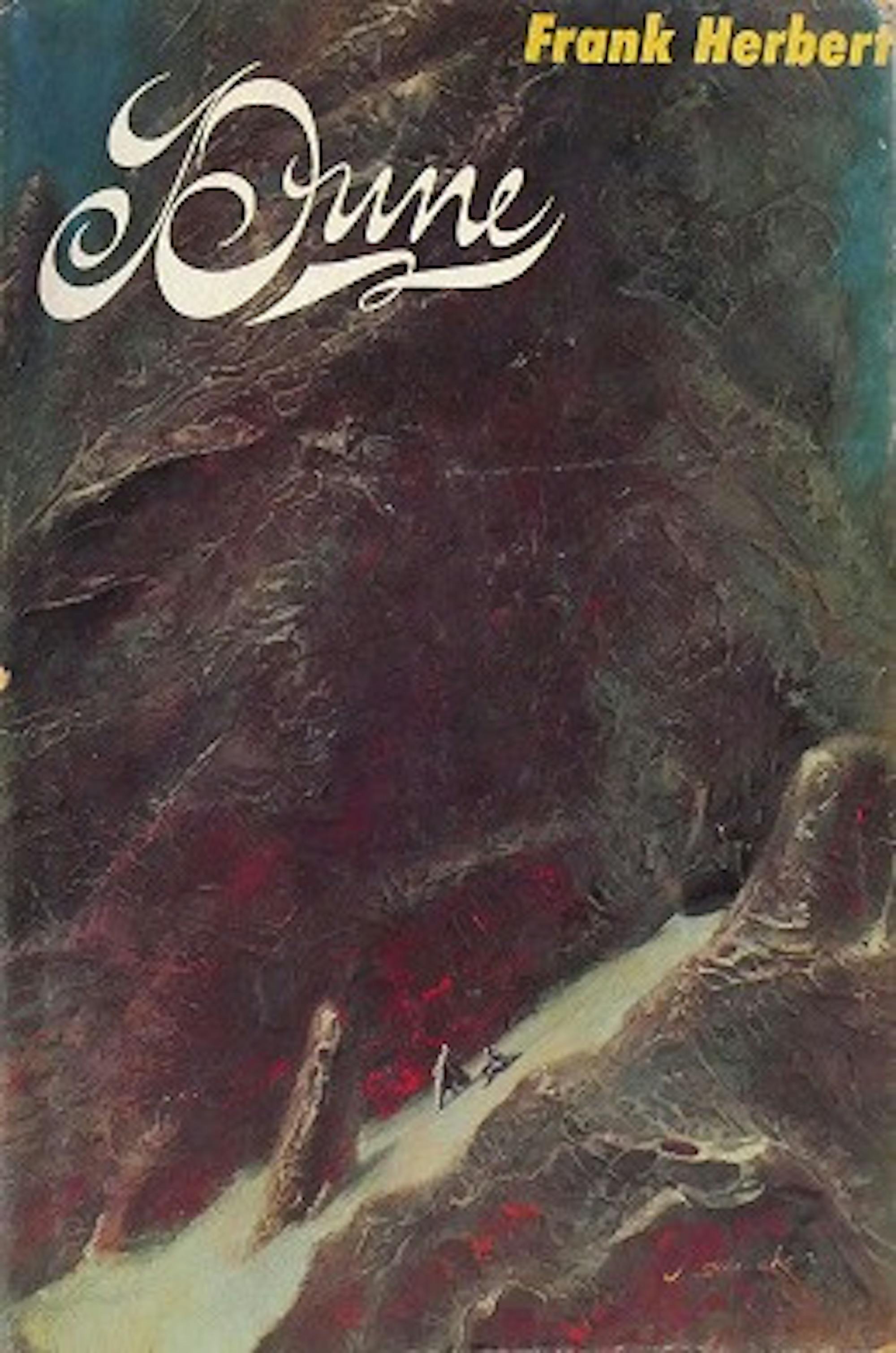Fear is everywhere in Frank Herbert’s “Dune” (1965). It’s there when the members of House Atreides arrive at their new and hostile home, the desert planet Arrakis. It’s there when Paul Atreides, the protagonist of the book, questions what his role in said story will be. Most importantly, however, it surrounds the book and franchise itself. Though “Dune” is the best-selling sci-fi book of all time and has influenced other giants in the genre like George Lucas, William Gibson and Neal Stephenson, it carries a reputation as an overly complex and even boring story on its own, which has turned many a casual reader away.
With the new film adaptation sweeping the recent Oscars and gaining the franchise more public attention than ever, there has never been a better time to try and make sense of this far-reaching mess of a book. So let’s discuss the book which has spawned such a successful movie. “Dune” is sprawling, it is overly detailed, and it is devoid of nearly any sense of character. It is by far the best sci-fi book this author has read in quite some time.
The actual plot of “Dune” is surprisingly not that complex, at least in the beginning. Set approximately 20,000 years in the future, the book follows Atreides, the heir to a great house in the Galactic Padishah Empire, as he and his family fight the rival House Harkonnen for control of their new home, Arrakis, also known as “Dune.” It seems, at first, like a standard good versus evil epic in a futuristic desert but quickly evolves into something much more wide reaching and strange. Years pass, languages and cultures change and the plot slowly slinks into the background as Frank Herbert’s eye for detail takes center stage instead. Unfortunately, this does no favors for the book’s massive cast.
There are few real characters in “Dune.” Sure, there are hundreds of names and people in this multiyear saga, but most serve only to advance the story in incremental ways. Among Paul’s great love, Chani of the Fremen; his father, the Duke Leto Atreides; the evil Baron Vladimir Harkonnen, none have the distinct traits that turn figures into characters. Paul serves more as a vessel for the audience than as a distinct voice of his own. And yet, it is this seemingly massive flaw that the great genius of “Dune” as a book is revealed.
The irony in the book’s focus on the little details serving only the big picture is what makes it so interesting on the face of its lack of plot. Organizations, not characters, are the stars of the story here. Every faction is given a full and clear picture through the way the story is told and by focusing on concepts bigger than the personality of a singular person. This book is not at all what it first appears to be, even down to its most base elements.
Dune is not a story about good versus evil or even one of people. It’s a legend about the danger of messiah figures and how ecological collapse is not an unavoidable reality but a curse to overcome. It’s a study on Abrahamic religions, specifically Islam, and how they might evolve in the future to control and uplift humanity. That’s not to say there’s no straight-up fun to be had here; some characters ride giant sandworms into battle. On the contrary, every detail has been handcrafted by Herbert to fit his world while simultaneously conveying some kind of message or insight into modern life. The book even has an almost 50-page long index and appendix for the history of this universe.
This story is a masterclass in worldbuilding at the direct expense of interesting characters, and yet, by the end of Paul Atredies’ journey you still feel like you understand him and his world better than most stories can hope to achieve. All of this from a nearly 500-page book about alien desert worms with walls of sometimes excruciatingly dull text.
You might hate this book, and you might love this book. The tale it tells is long, complex and boring, but the feeling you get upon finishing it and understanding it is unlike any other I’ve experienced before in a sci-fi book.
To fear reading a book so strange and even uninteresting is natural, but on that note, I’ll leave you with perhaps the book’s most famous passage, the Litany Against Fear: “I must not fear. Fear is the mind-killer. Fear is the little-death that brings total obliteration. I will face my fear. I will permit it to pass over me and through me. And when it has gone past, I will turn the inner eye to see its path. Where the fear has gone there will be nothing. Only I will remain.”
This author couldn’t have described “Dune” better if they’d tried.






